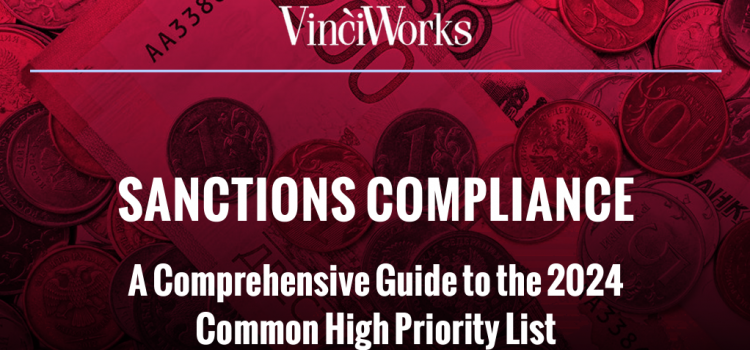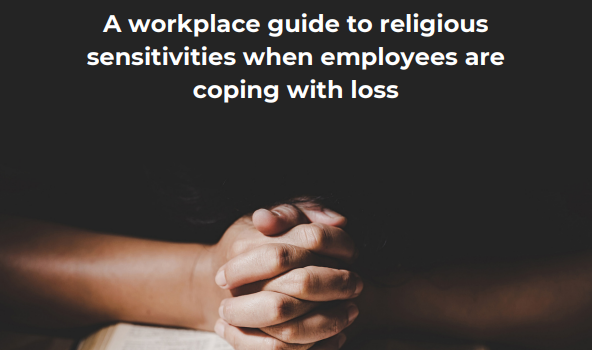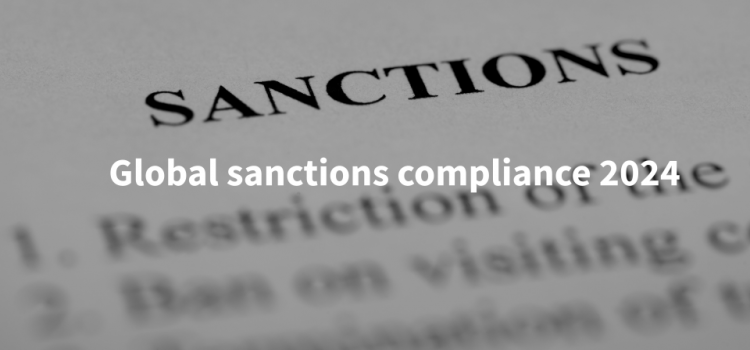Download your free guide to the latest developments in sanctions on Russia and what your firm needs to do to stay compliant
The field of economic sanctions has been growing increasingly complicated in recent years. The past year was a historic and transformative period for the use of financial sanctions on both the global and UK levels. Western nations launched an unprecedented line of sanctions against Russia and Russian companies, and also against Russia’s ally Belarus, in response to its February 2022 invasion of Ukraine. With the war showing no end in sight, sanctions and penalties for non-compliance are only continuing to ramp up.
All businesses, both regulated and unregulated, must comply with financial and trade sanctions and companies must be able to prove that they are properly screening for sanctions. Failure to comply with screening requirements can carry stiff penalties reaching into the millions per infraction and remember that there’s strict liability when it comes to sanctions so any sanctions breach, even accidental, is a crime.
Continue reading








